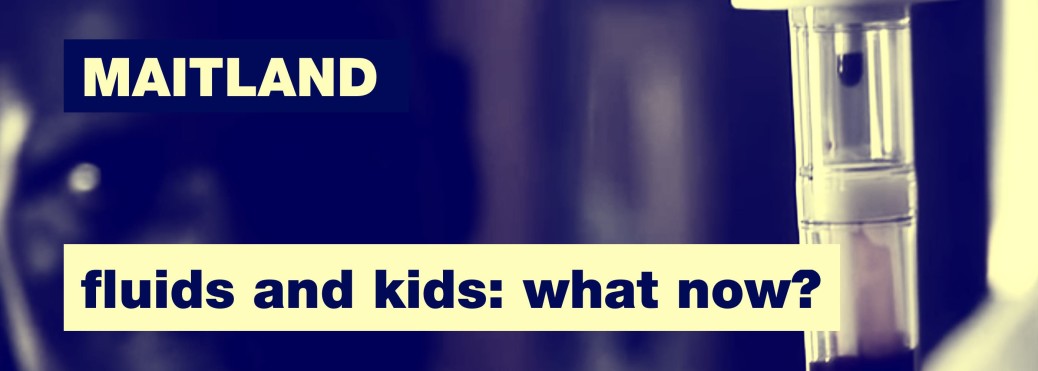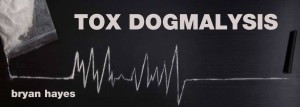Maitland on Fluids and Kids: What Now?
A summary by Kath Maitland:
Shock is a common complication of severe febrile illness, and worldwide aggressive correction with intravenous bolus therapy is recommended as the initial treatment. Nevertheless, the evidence supporting this approach remains weak. The only controlled trial of fluid resuscitation, Fluid Expansion as Supportive Therapy (FEAST), involving 3141 African children with severe febrile illness, including large groups with sepsis and malaria, called into question aggressive fluid resuscitation, demonstrating excess mortality in both bolus arms (albumin and saline) compared to no-bolus control, relative risk of morality in bolus versus control was 1.45(1.13-1.86, p=0.003). Excess mortality was consistent across all subgroups, being greatest in those with the most severe forms of shock and acidosis. Remarkably, despite earlier shock reversal in those receiving fluid boluses the excess mortality in the FEAST trial was caused by subsequent cardiovascular collapse and was not secondary to fluid overload.
These observations are intriguing warranting an in-depth understanding of host responses including those of the myocardium to fluid resuscitation and at the microvasacular level since the two maybe synergistic. Current studies are underway in ovine models of sepsis (‘FEAST-in-Sheep’) in Professor John Fraser’s laboratory, Brisbane to understand the mechanism of harm, gain further insights in host responses to fluid management, and re-define the optimal fluid and supportive inotrope/vasopressor management of septic shock.
Four years have elapsed since the publication of FEAST, yet World Health Organization continues to recommend fluid boluses for children managed in resource-poor hospitals, where there is no access to intensive care. These are the precise settings where the FEAST trial was conducted in order to inform management guidelines. In Africa alone, where one in 10 febrile child admissions present with shock, we have estimated that the current guidelines, if fully implemented, will result in ~5,600 and 33,000 excess deaths each year per million hospital admissions treated for shock.








